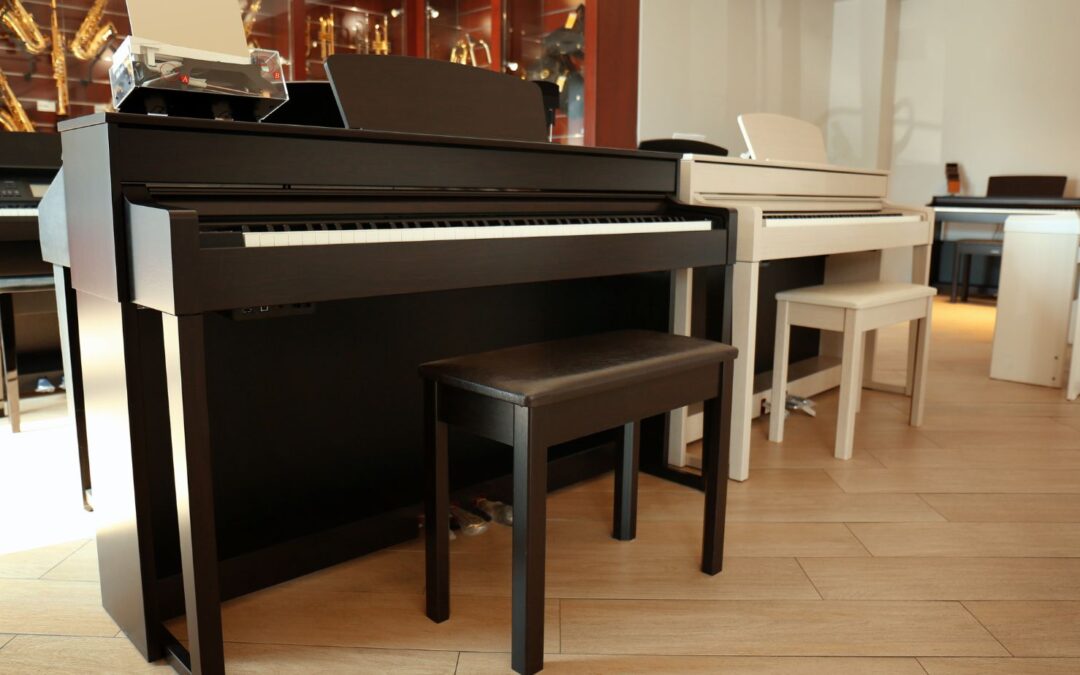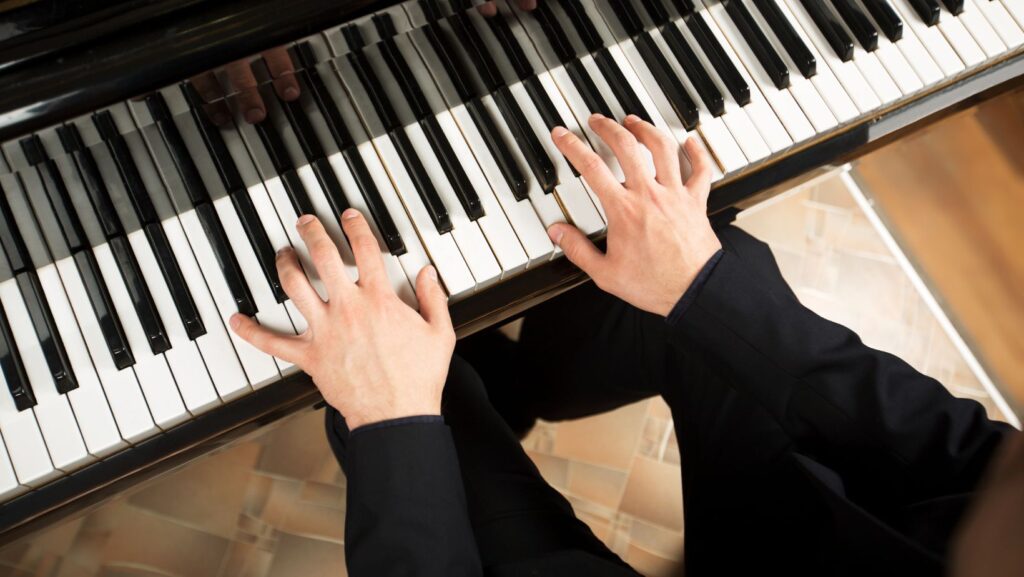Deciding whether to rent or buy a piano is a big decision. There are several factors to consider when determining the best option for your needs and budget. In this post, we’ll compare the costs, usage considerations, maintenance, quality, and other benefits of renting versus buying a piano from a music store. All these key factors carefully will help determine whether renting or buying a piano is the right decision for your particular situation and needs.
Cost Comparison
One of the biggest considerations is the difference in cost between renting and buying a piano. Buying a brand new piano can range from $3,000 to $150,000 depending on the model and brand, while a used piano may cost between $1,500 and $5,000 on average. Renting a piano typically costs between $30 to $100 per month, along with delivery fees and a security deposit. While the monthly rental fees seem low at first glance, they really add up over time. If you rent a piano for several years, the total rental payments can end up costing more than if you had just purchased a piano upfront. For example, renting for just 3 years at $50 per month will already cost $1,800. Extend that to 6 years and you are looking at $3,600 in rental fees. In contrast, you could buy a decent used piano for a one-time fee of $2,000 or less. However, the advantage of renting is that you avoid the large, upfront costs of buying a piano. So if you only need a piano temporarily, like for a few months, renting is likely the more affordable option, while buying makes more financial sense for long-term regular use.
 Usage Considerations
Usage Considerations
How often and for how long you need the piano should influence your choice. For short-term or infrequent use, renting provides flexibility. If you plan on using the piano regularly and over several years for practice, lessons, or performances, buying may make more sense financially in the long run. Also, consider that renting allows for easier moving when relocating, whereas transporting a piano you own can be expensive. Keep your expected piano usage, time period, and living situation in mind as key factors when deciding between renting or buying.
Maintenance Factors
Owning a piano means you are responsible for maintenance and repairs, which can get costly. With rentals, the company handles tuning, regulation, and repairs. However, you may have no control over the maintenance schedule or technician quality with a rental. It’s also wise to ask about the age and condition of rental pianos.While renting transfers maintenance responsibilities, buying allows you to control the quality and timeliness of care for your expensive investment. Weigh whether that extra maintenance cost and control with an owned piano is worth it for your needs.

Quality Considerations
Buying a piano at piano store in San Diego allows you to test and select the specific brand, model, sound, and feel you prefer. This allows you to invest in a high-quality piano with the precise attributes you desire as a musician. With rentals, you get whatever piano the company provides, which may not meet your quality standards. While rentals offer flexibility in some regards, you lose the ability to select your ideal instrument. However, one advantage of renting first is that it can give you the opportunity to try out numerous pianos from various brands before ultimately deciding on one to buy. This can help novice piano players get a feel for different models and qualities so they can make a more informed purchasing decision later on. Overall, buying gives control over the piano selection, while renting provides a trial period to experiment. Think about how important personal piano preference is to you when weighing these options.
Additional Benefits
A major perk of renting is that you can try before you buy. This lets you test pianos without pressure or long-term commitment. Buying and owning a piano allows you to build equity over time that you could recoup later by reselling. This is difficult with renting since you will never recover any rental fees paid. So if your goal is to simply test pianos before deciding on one to invest in for the long haul, renting first makes strategic sense. But if you plan to hold onto a piano for many years after purchase, you can recoup some value by reselling a quality instrument. Determine whether trying instruments temporarily or building lasting equity is more important to you when choosing between renting and buying.
In summary, choosing between renting or buying a piano depends on your budget, duration of use, maintenance preferences, quality needs, and other personal factors. For short-term use, renting often makes sense, while buying is typically better for long-term, regular use. Consider all these aspects carefully before making a decision. With the right information, you can determine if renting or buying a piano is the better option for your situation.


 Usage Considerations
Usage Considerations